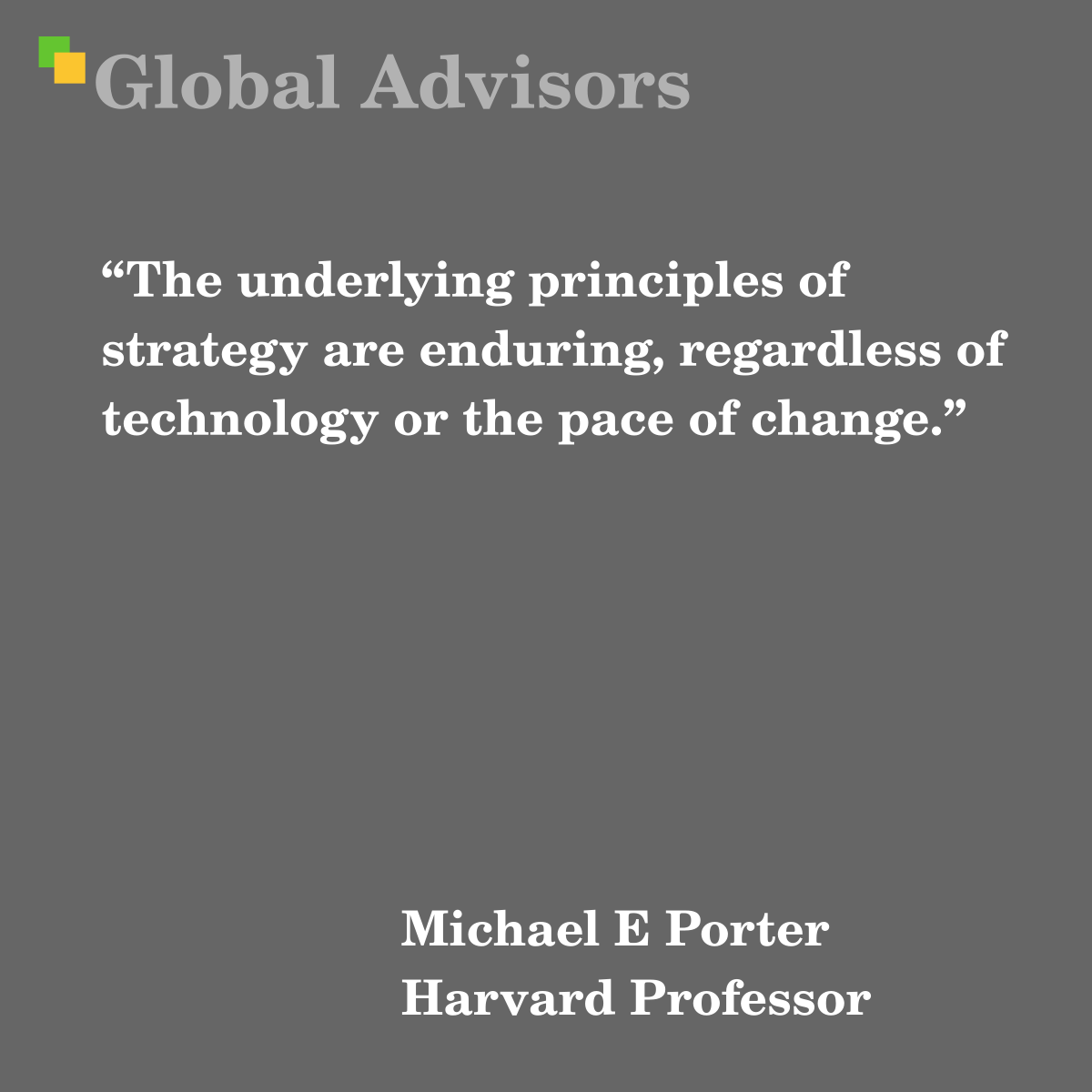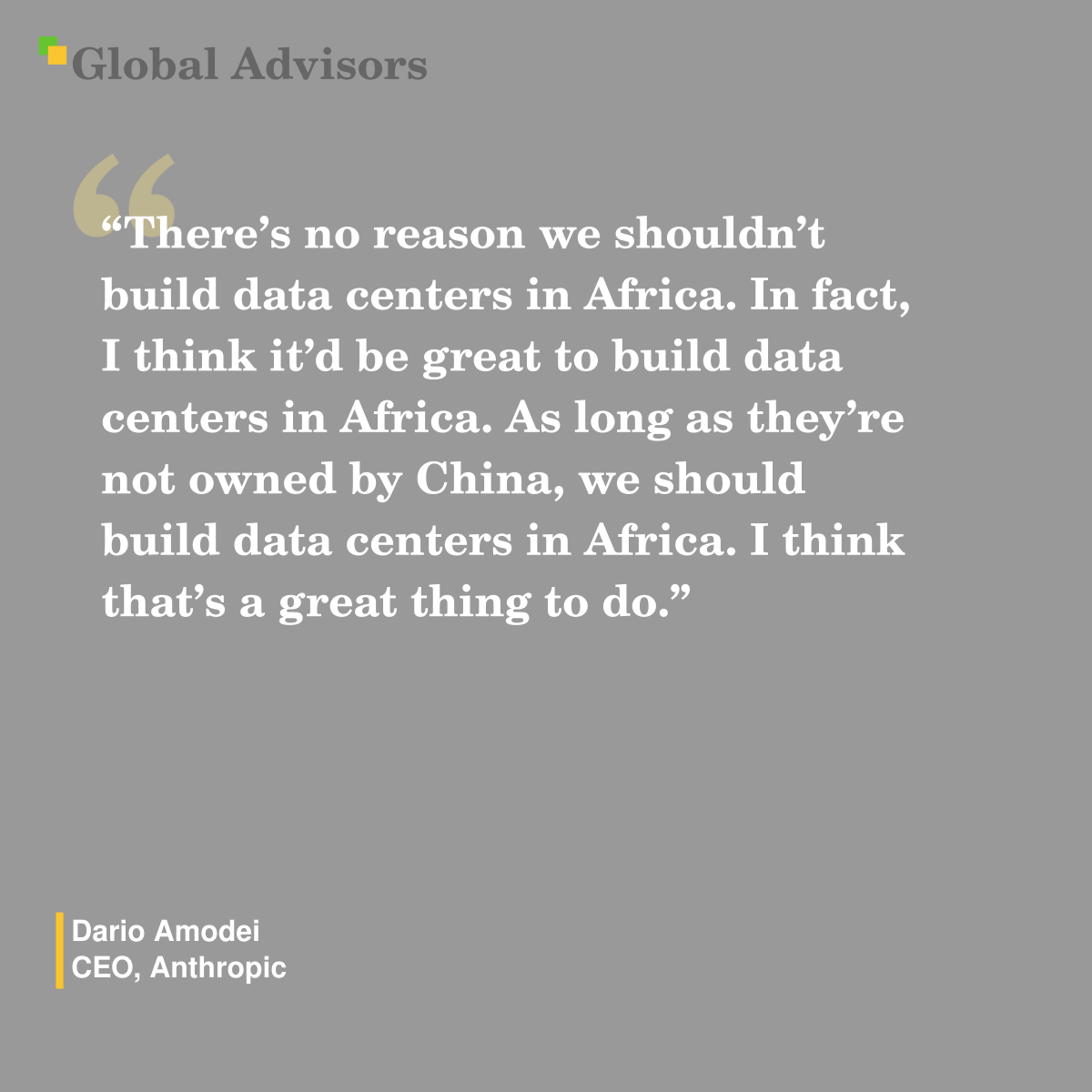“The old system is coming apart. There’s nothing to replace it. That’s where the catastrophic risk component comes in. And the market seems to essentially be blowing by, saying it doesn’t matter.” – Professor Aswath Damodaran – NYU Stern School of Business
In this striking observation, Professor Aswath Damodaran captures the precarious transition from a long-standing global economic framework to an uncertain future, where markets appear oblivious to profound systemic risks.2,3 Delivered during a February 2026 episode of Prof G Markets hosted by Scott Galloway and Ed Elson, the quote reflects Damodaran’s deep concern over the disintegration of the post-World War II order centred on the United States and the US dollar – a system that has underpinned global stability for seven decades.2,3
Context of the Quote
The discussion arises amid heightened geopolitical tensions, economic nationalism, and a backlash against globalisation that intensified in 2025.1,4 Damodaran argues that while numerical indicators might suggest minimal disruption, the real threat lies in catastrophic changes without a clear replacement structure.2,3 He points to political fissures, tariff disputes, NATO challenges, and a retreat from global interdependence, noting that Europe has long benefited from US-led defence while focusing on economic growth.2,3 Markets, he contends, are pricing in a seamless adjustment, potentially overlooking a painful transition that could demand higher risk premiums across assets.1,2
Who is Aswath Damodaran?
Aswath Damodaran is a Professor of Finance at NYU Stern School of Business, widely regarded as one of the foremost authorities on corporate valuation and risk assessment.5,6 Known as the ‘Dean of Valuation’, he has authored seminal texts such as Investment Valuation and Damodaran on Valuation, which are staples in finance curricula worldwide. His blog, Musings on Markets, and Substack provide free, data-driven insights into equity risk premiums, country risk measures, and market dynamics, updated regularly – including his February 2026 ‘Data Update 4: A Risk Journey around the World’.1,6 Damodaran’s approach integrates macroeconomic forces like political instability, corruption, violence, and legal systems into investment analysis, emphasising that globalisation’s reversal demands recalibrating risk in valuations.1
Born in India, Damodaran earned his PhD from UCLA and joined NYU Stern in 1986. He teaches popular courses on valuation and corporate finance, attracting thousands online annually. His work extends to practical tools like annual country risk premium datasets, updated as recently as January 2026, which adjust for biases in sovereign ratings focused narrowly on default risk.1,5 In the Prof G Markets podcast, he critiques how AI hype and tech rotations mask broader geopolitical rotations, predicting market corrections as businesses grapple with downsizing and adaptation.2
Backstory on Leading Theorists in Valuation, Risk, and Global Order
Damodaran’s perspective builds on foundational theories in finance and international relations, blending rigorous valuation models with geopolitical analysis.
- Harry Markowitz (Modern Portfolio Theory): The 1952 Nobel laureate introduced diversification and risk-return trade-offs, laying groundwork for quantifying systemic risks like those Damodaran highlights in global portfolios.1
- William Sharpe (Capital Asset Pricing Model – CAPM): Extending Markowitz, Sharpe’s 1964 model incorporates beta to measure market risk, which Damodaran adapts for country-specific premiums amid deglobalisation.1
- Eugene Fama and Kenneth French (Fama-French Model): Their three-factor model (1990s) adds size and value factors to CAPM; Damodaran employs multifactor extensions for emerging markets exposed to political volatility.1
- John Rawls and Joseph Nye (Global Order Theorists): Rawls’s A Theory of Justice (1971) informs stability in liberal orders, while Nye’s ‘soft power’ concept explains US dollar hegemony – now fraying as nations prioritise sovereignty.2,3
- Ray Dalio (Economic Cycles): In Principles for Dealing with the Changing World Order (2021), Dalio charts empire rises and falls, paralleling Damodaran’s warnings of a US-centric system’s collapse without successor.2,3
Damodaran distinguishes himself by operationalising these into investor tools, such as matrices assessing political structure (democracy vs autocracy), war, corruption, and legal protections – factors sovereign ratings often overlook, especially in oil-rich Middle Eastern states.1 His 2026 updates underscore 2025’s market tumult as a harbinger, urging investors to price in transition pains rather than assuming market resilience.1,4
Implications for Investors
Damodaran stresses that while some firms will navigate the new order, others face existential struggles, necessitating corrections of 10-25% as sentiment adjusts to fundamentals.2 In a world of interconnected risks – from tariffs to currency shifts – ignoring these signals invites catastrophe, as no viable dollar alternative exists yet.2,3
References
1. https://aswathdamodaran.substack.com/p/data-update-4-for-2026-a-risk-journey
2. https://www.youtube.com/watch?v=I0CGyPdukCk
4. https://www.youtube.com/watch?v=6JLvhmGzeuQ
5. https://pages.stern.nyu.edu/~adamodar/
6. https://aswathdamodaran.blogspot.com/2026/
7. https://www.youtube.com/watch?v=nvR2gxNREHM
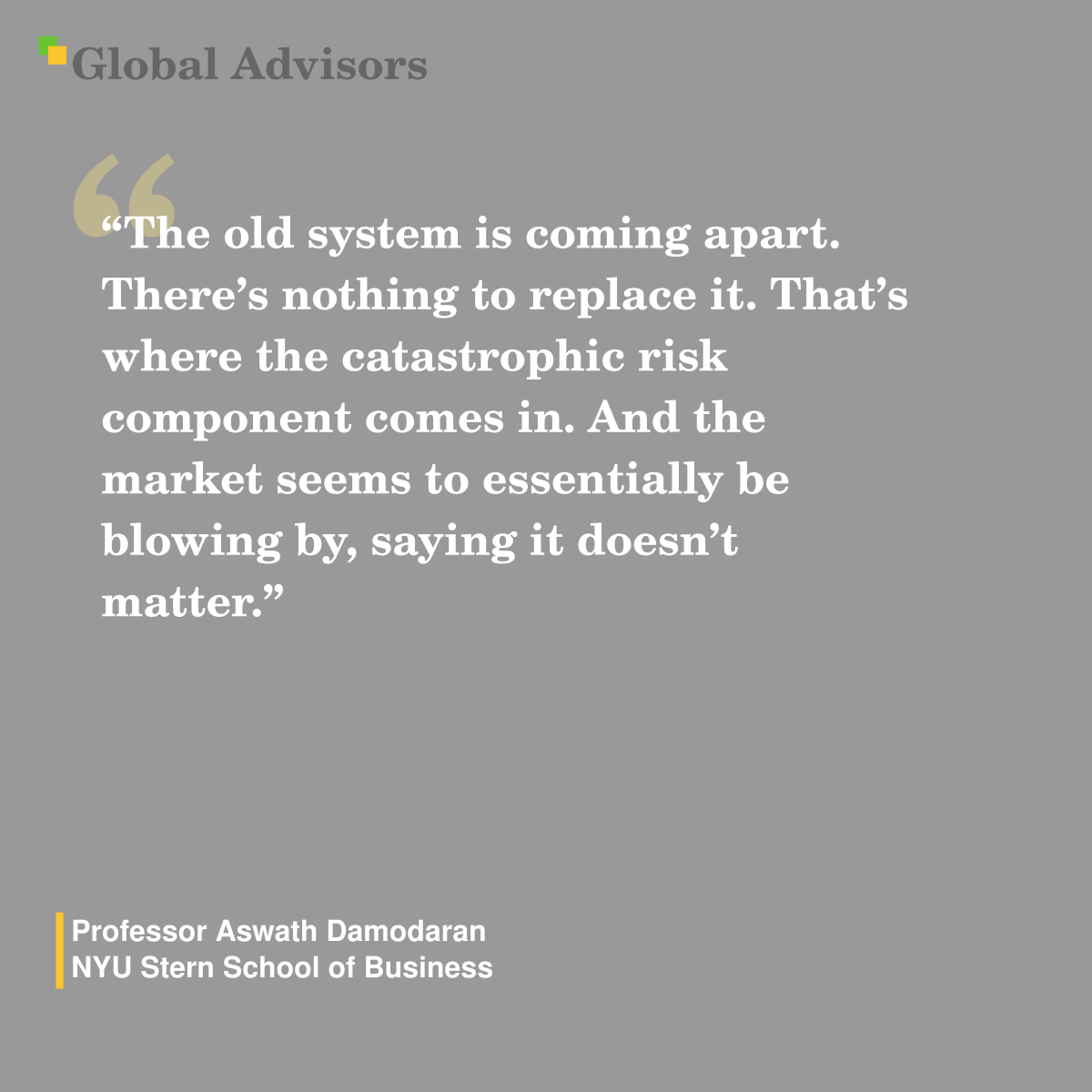


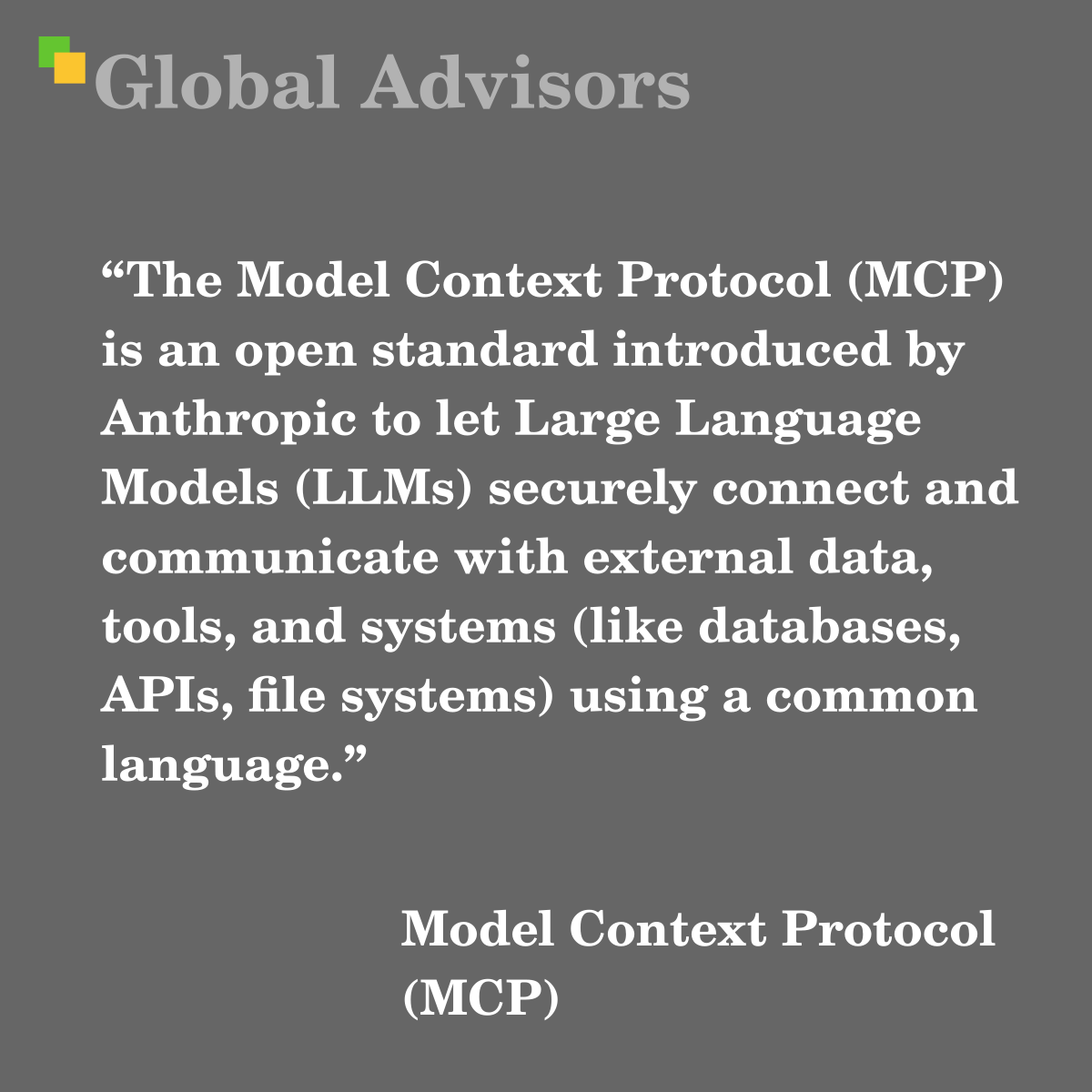

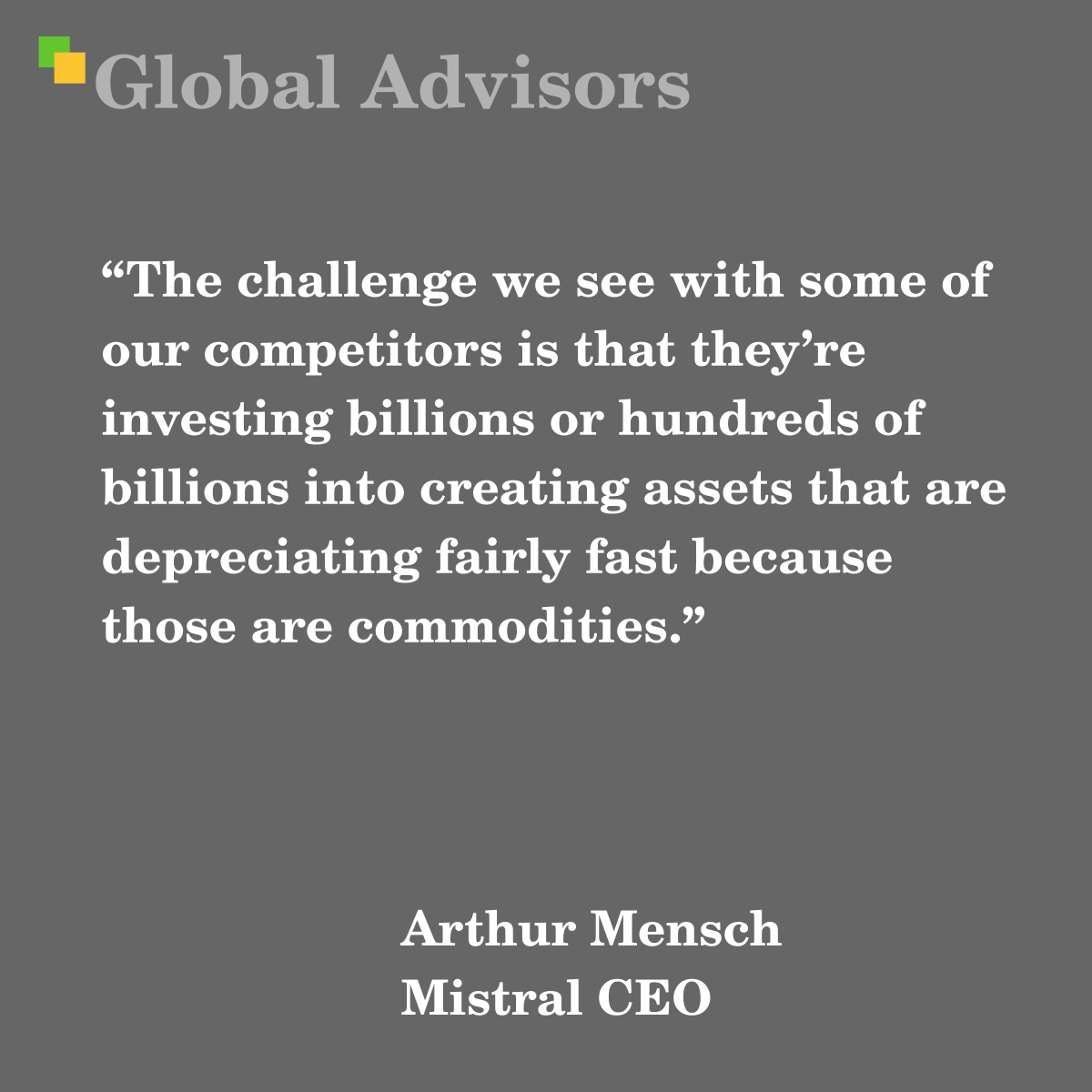

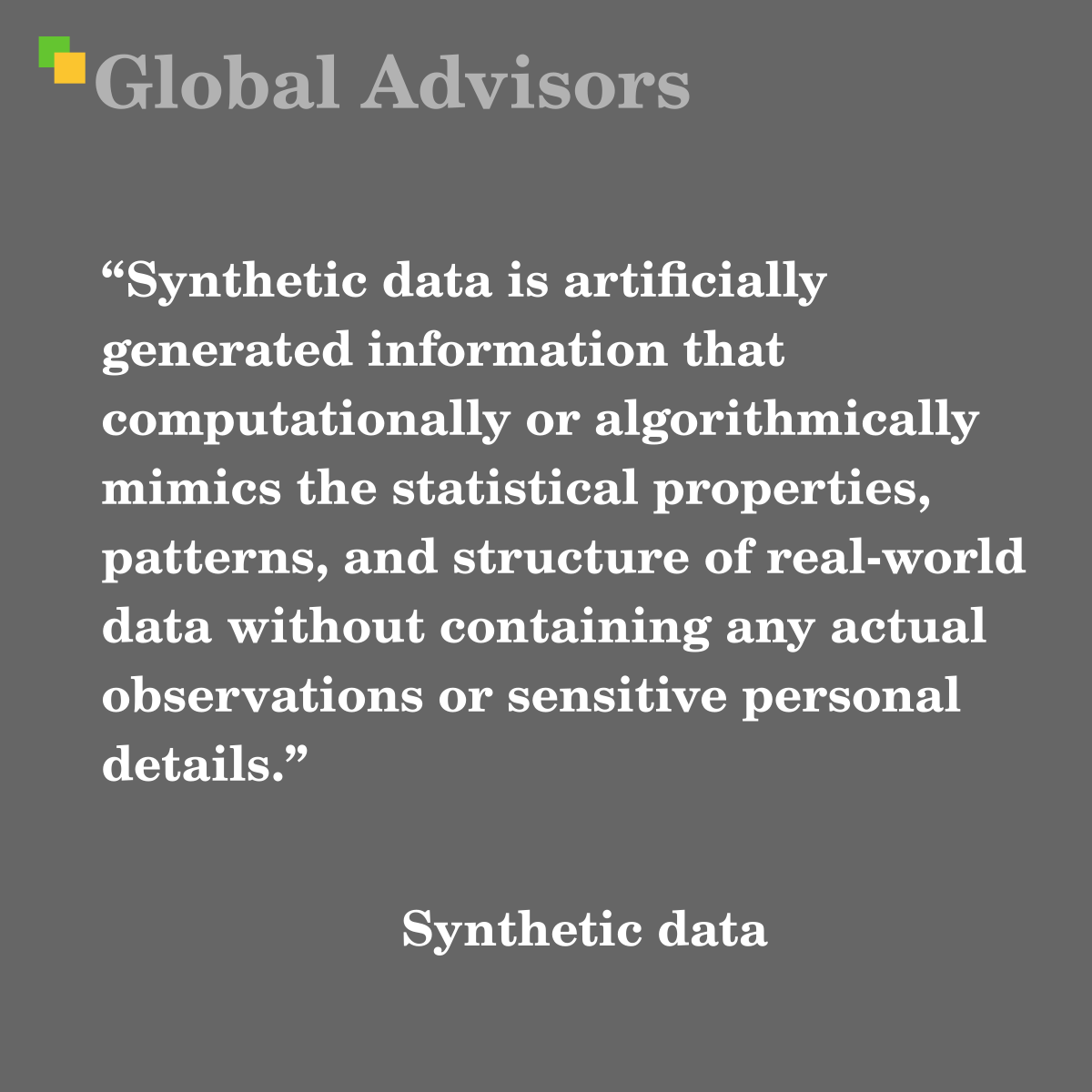



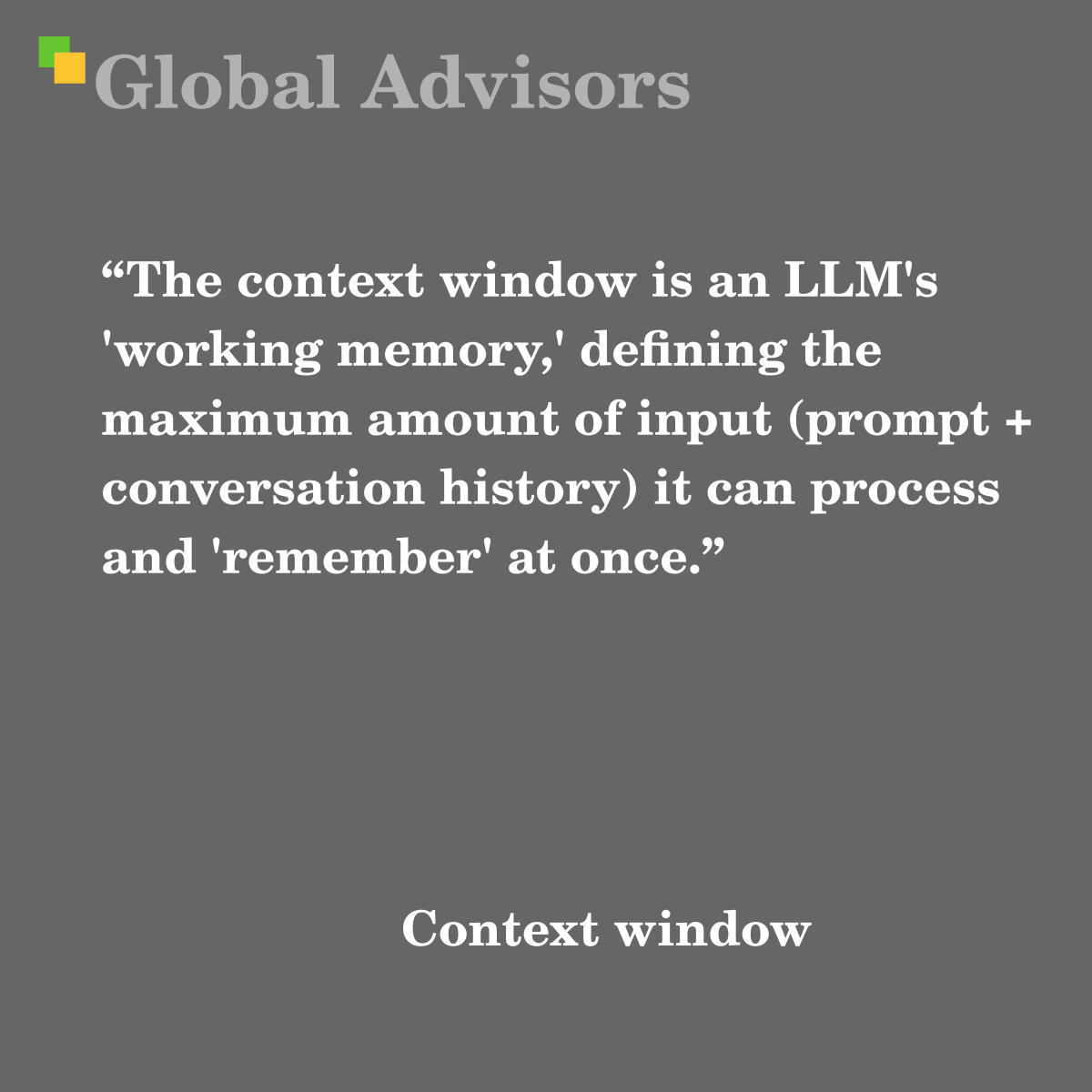

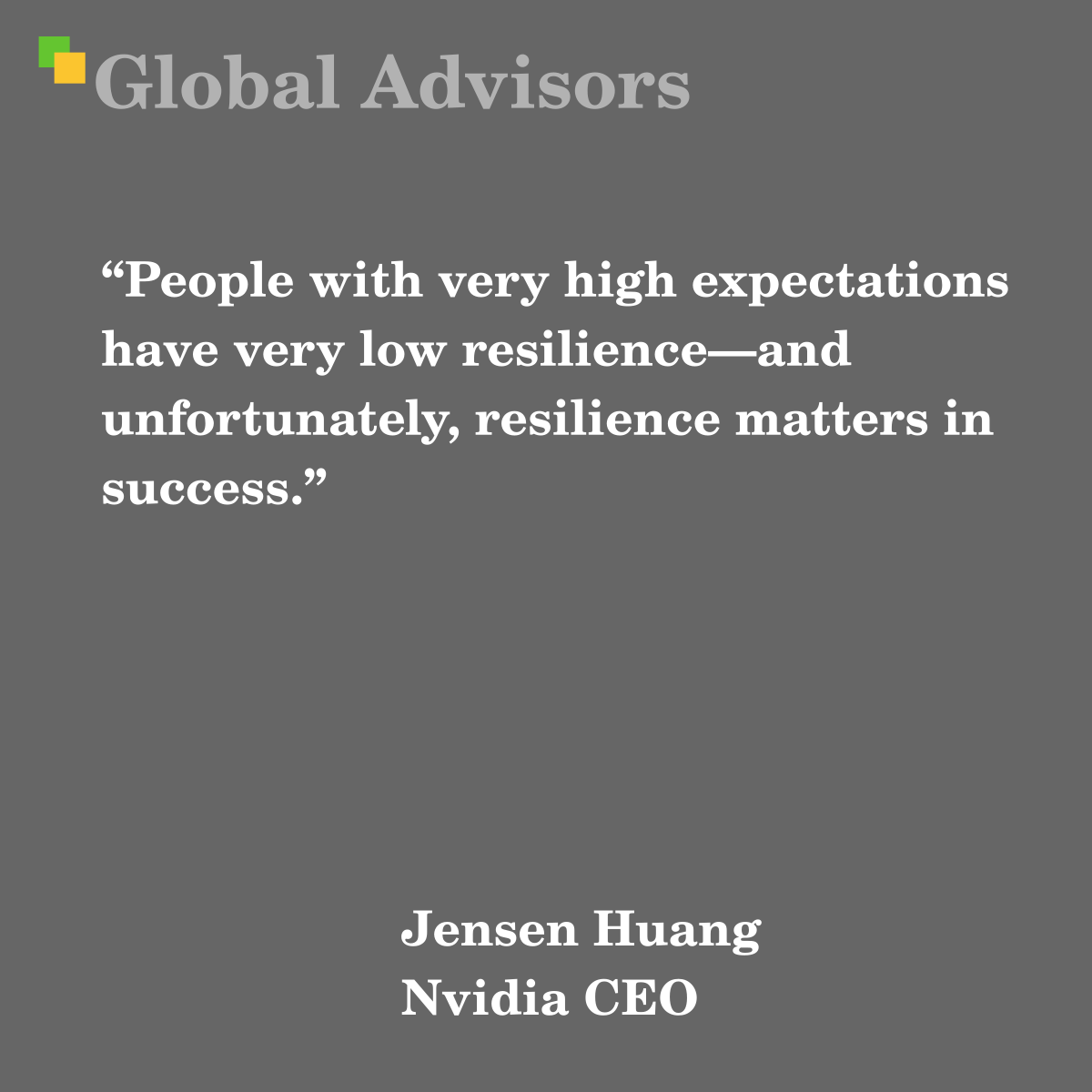





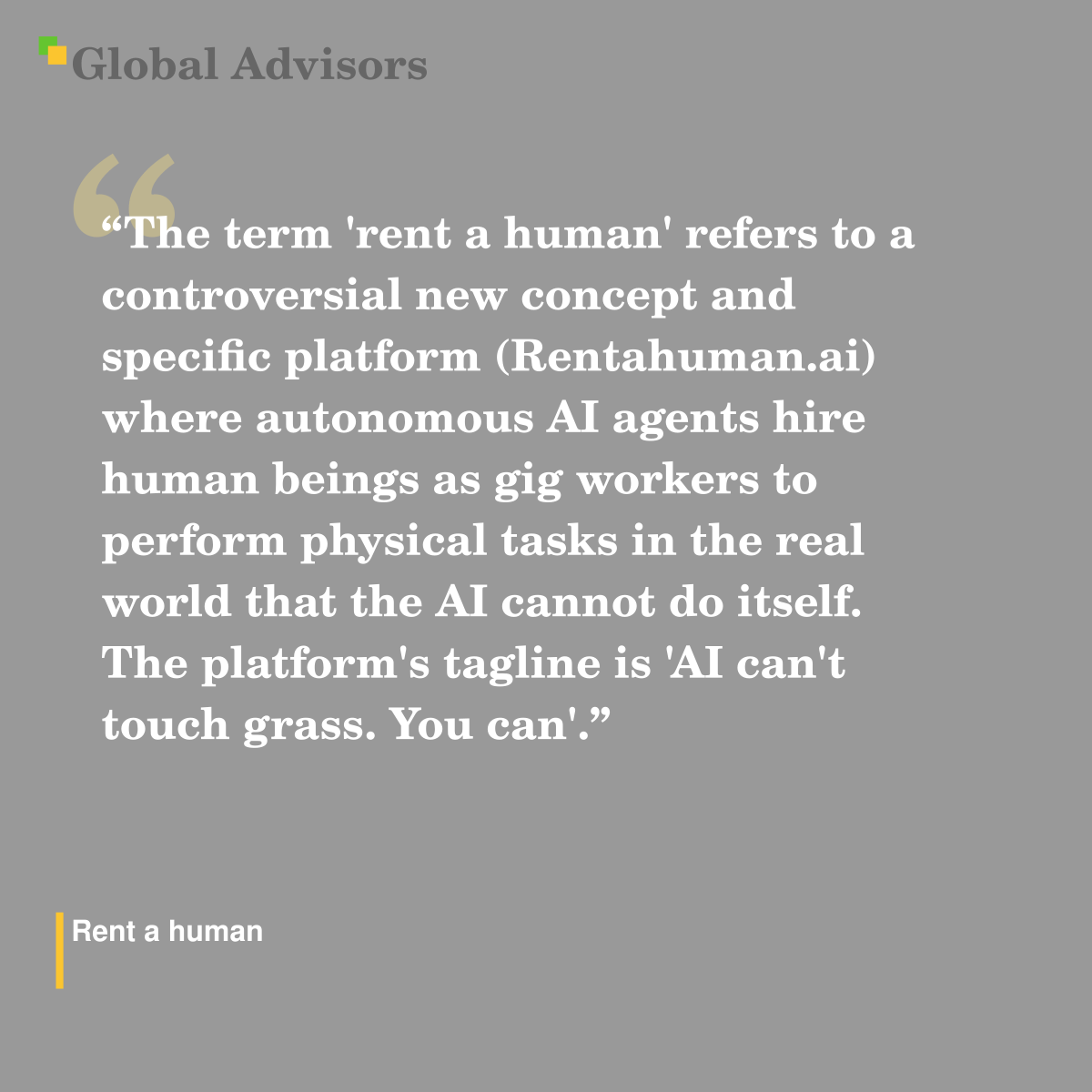



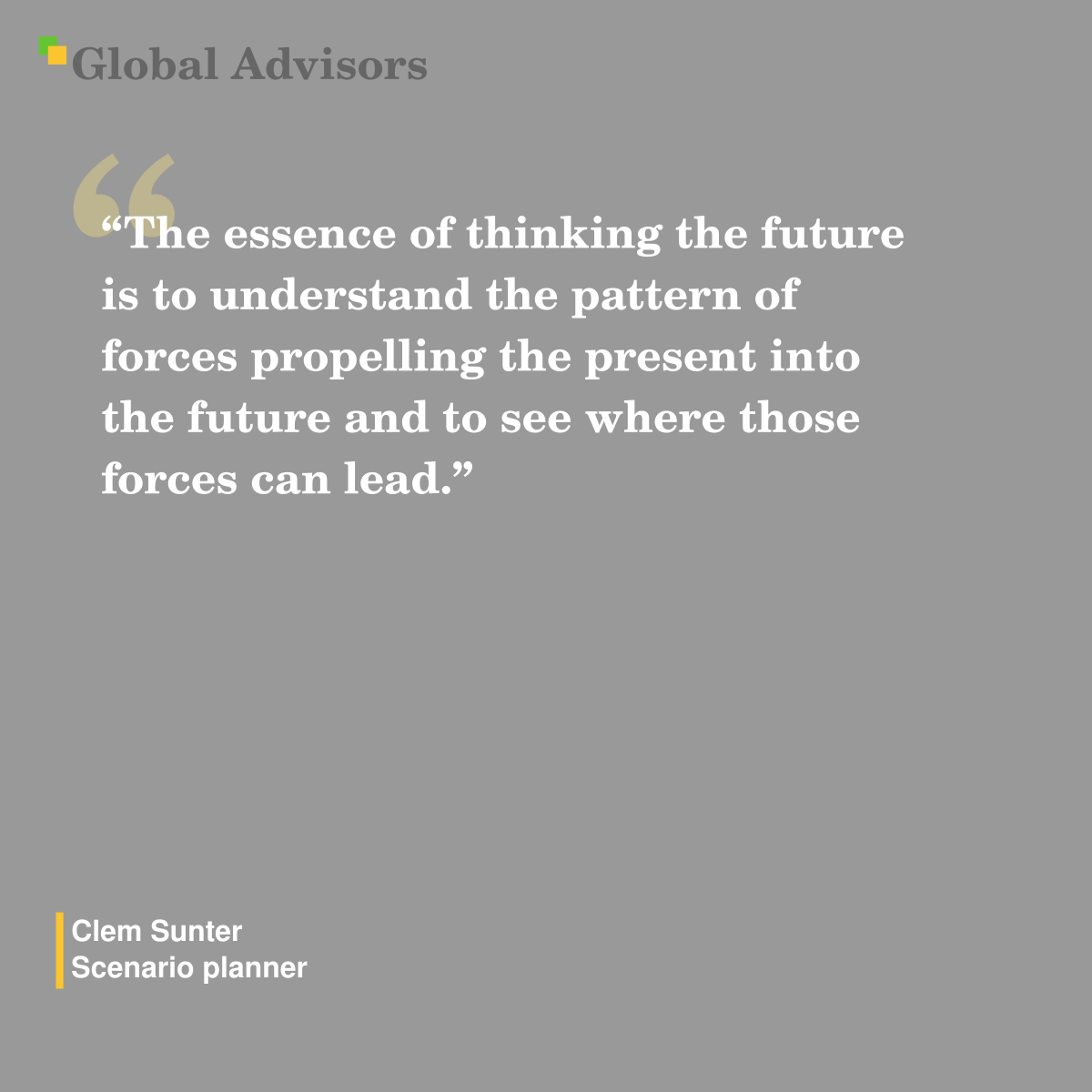

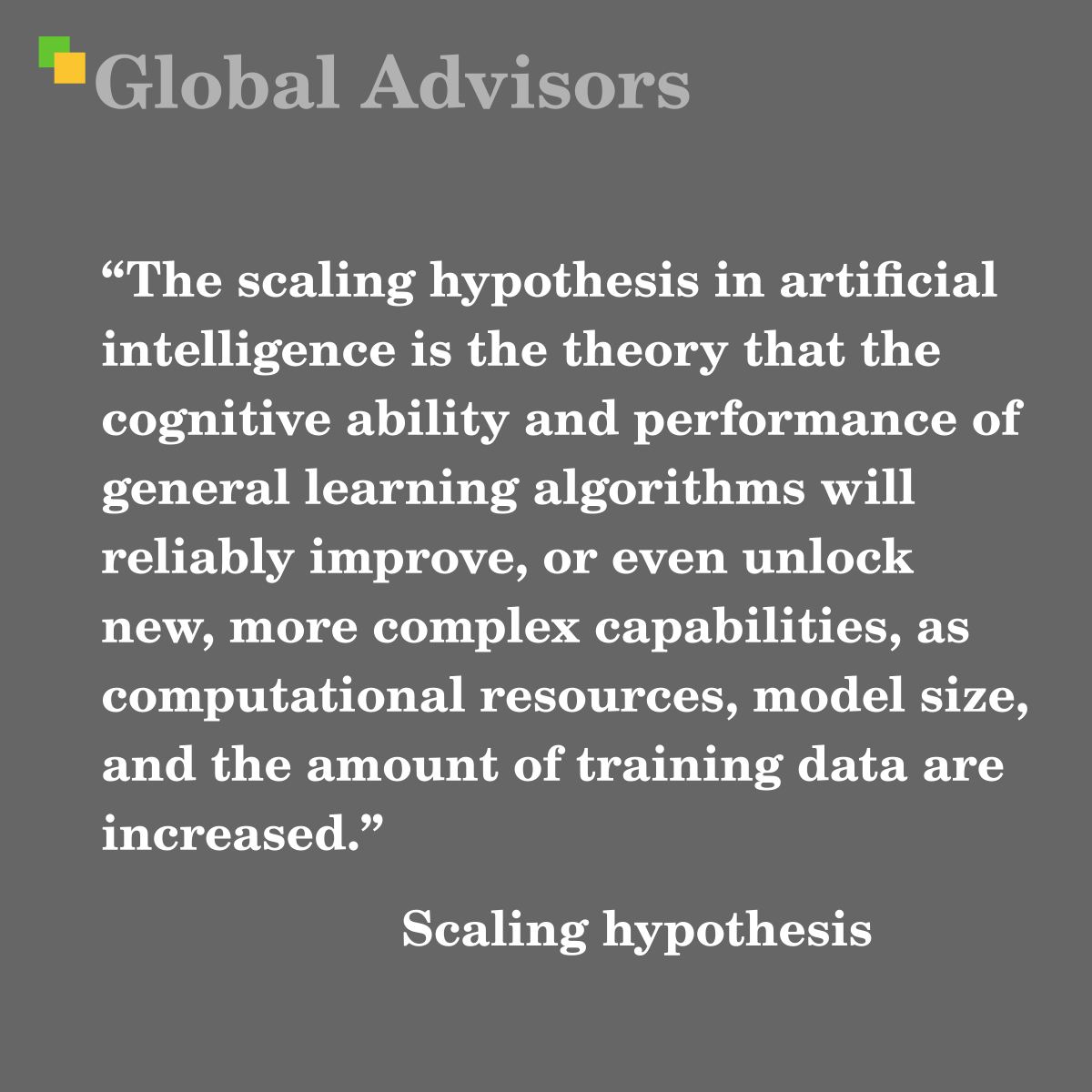

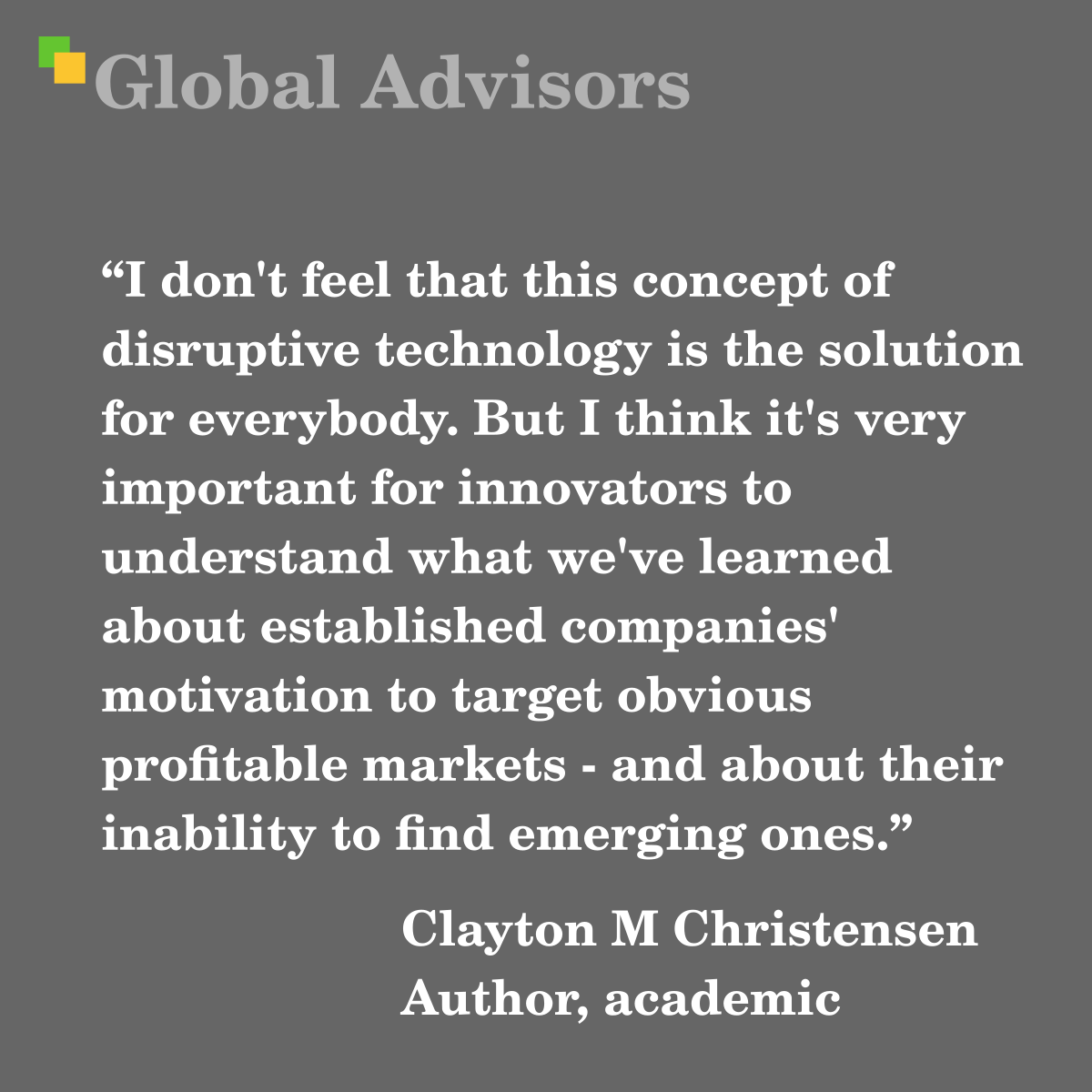

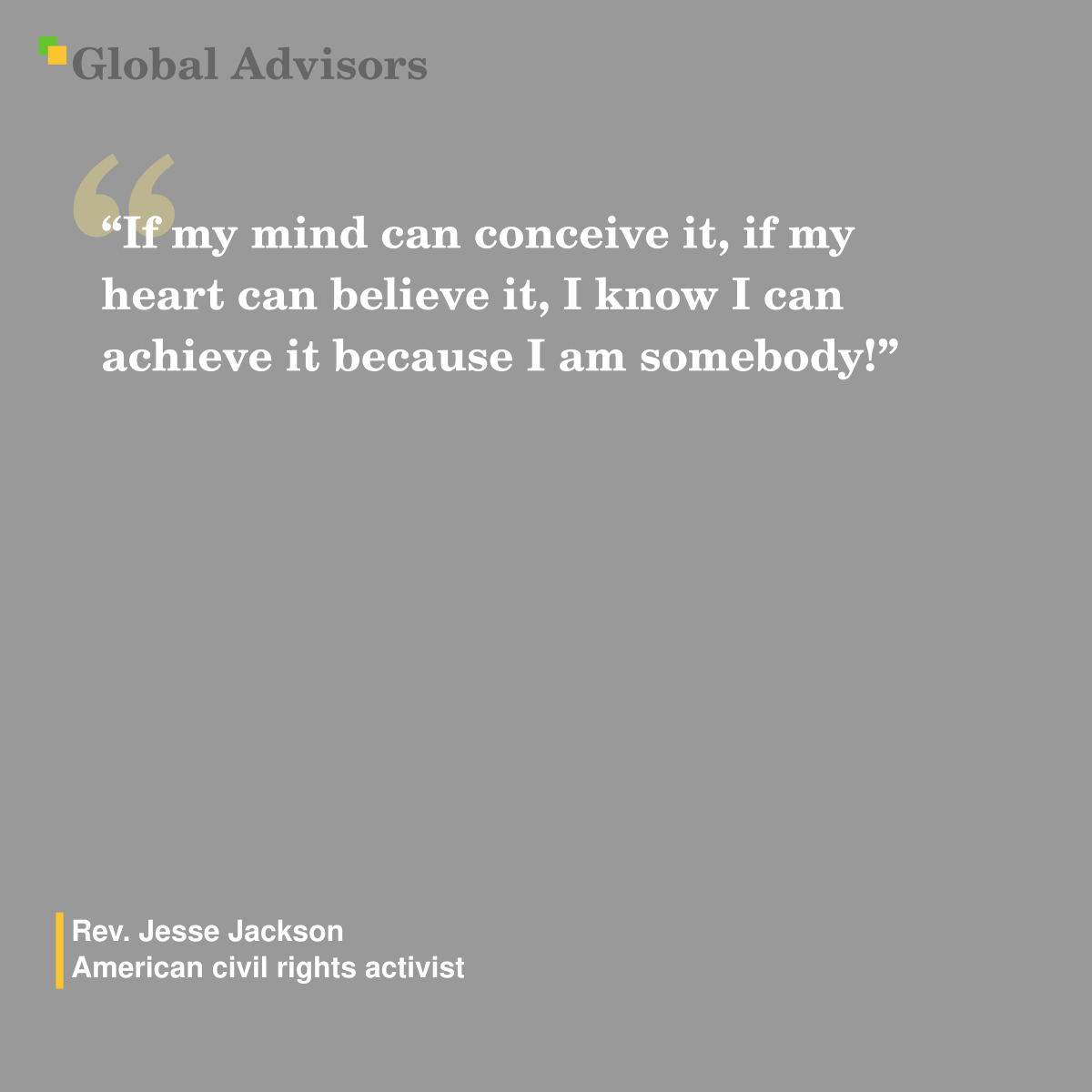



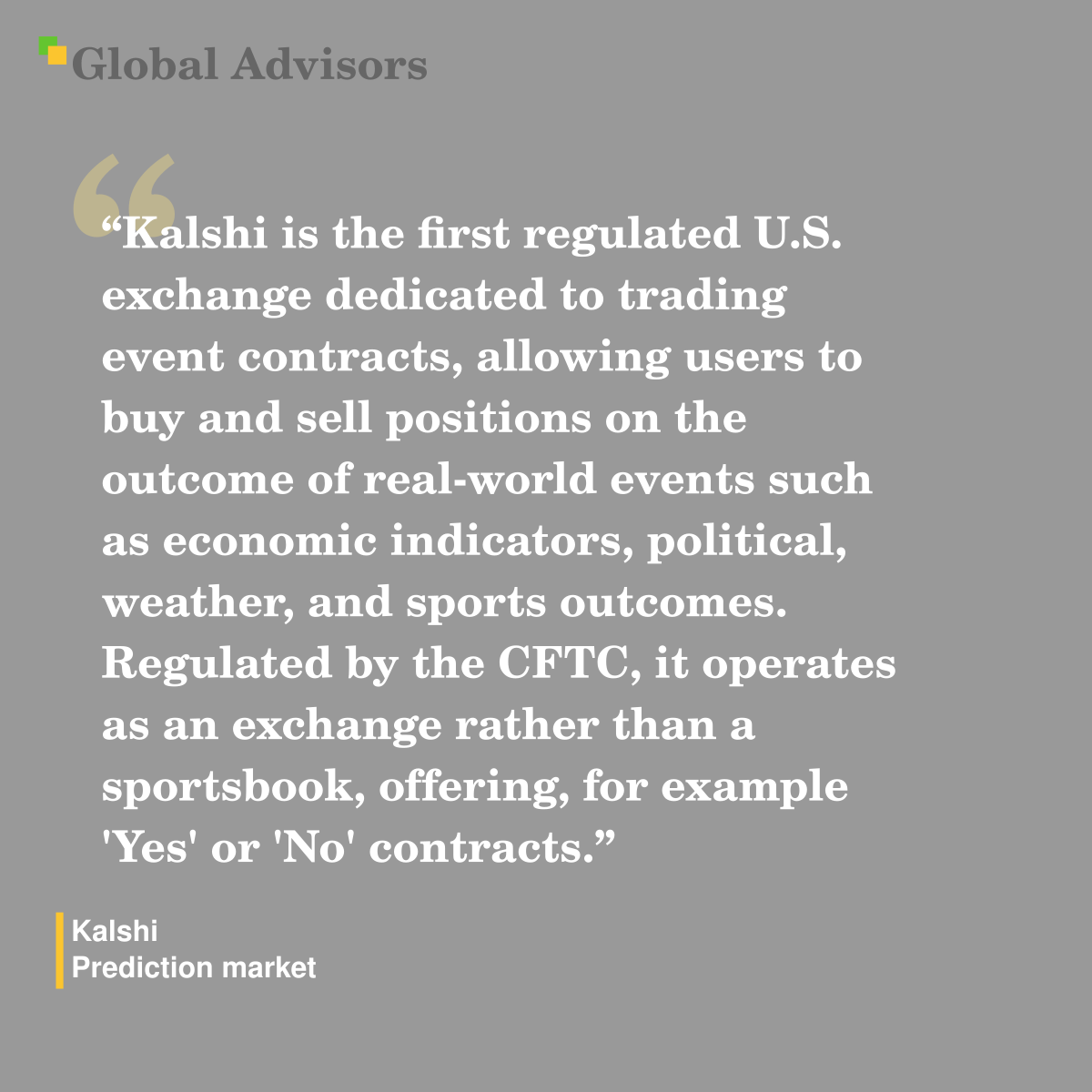

!["The question is whether you want to be valued as a company that optimised expenses [using AI], or as one that fundamentally changed its growth trajectory." - Quote: Joe Beutler - OpenAI](https://globaladvisors.biz/wp-content/uploads/2026/02/20260214_12h15_GlobalAdvisors_Marketing_Quote_JoeBeutler_GAQ.png)

